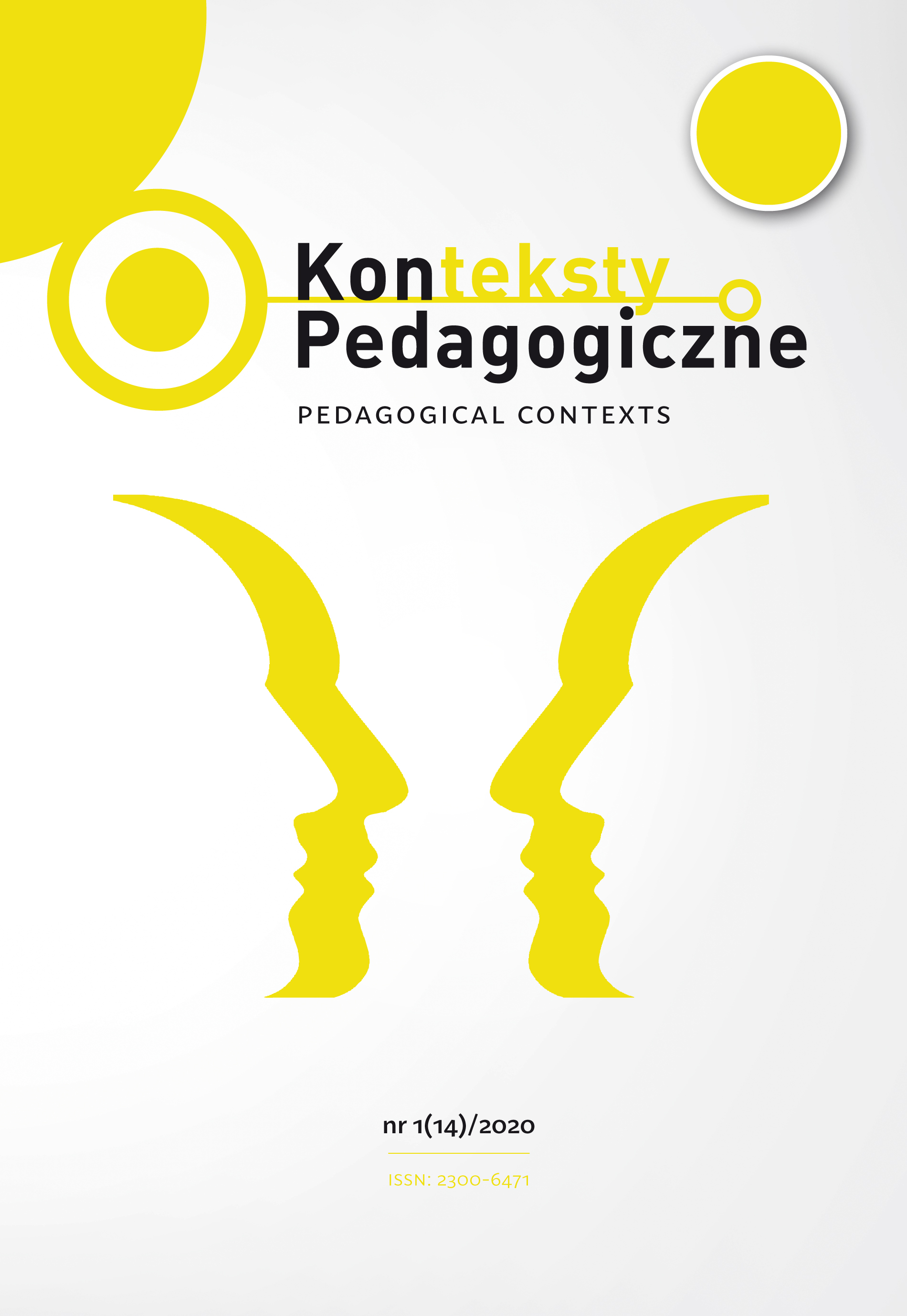Communication Behaviors of Preschool Children with and without Hearing Loss Born in Hearing Families
Communication Behaviors of Preschool Children with and without Hearing Loss Born in Hearing Families
Author(s): Agnieszka JedlińskaSubject(s): Social Sciences, Education, Preschool education, School education
Published by: Wydawnictwo LIBRON
Keywords: communication of hearing impaired children; communication behavior; speech development; hearing impairment; preschool age
Summary/Abstract: The purpose of the article is to show the differences in the level of communication of preschool children with profound and severe hearing impairment and children in the hearing norm. All the studied groups of children come from hearing families. Based on the research, the level of language skills of children with profound and severe hearing impairment was determined and compared to the level obtained by hearing children, thus determining the degree of speech development (normative, delayed or disturbed) of the children in the study group. The obtained results confirmed the existence of quantitative and qualitative differences between the children belonging to the studied groups. The analysis of individual subcategories showed the existence of an interesting relationship. An important role is played by the “mode match,” which is a community of language experiences between a hearing-impaired child and their hearing mother, not the level of verbal functioning of children per se.
Journal: Konteksty Pedagogiczne
- Issue Year: 14/2020
- Issue No: 1
- Page Range: 83-102
- Page Count: 20
- Language: English

